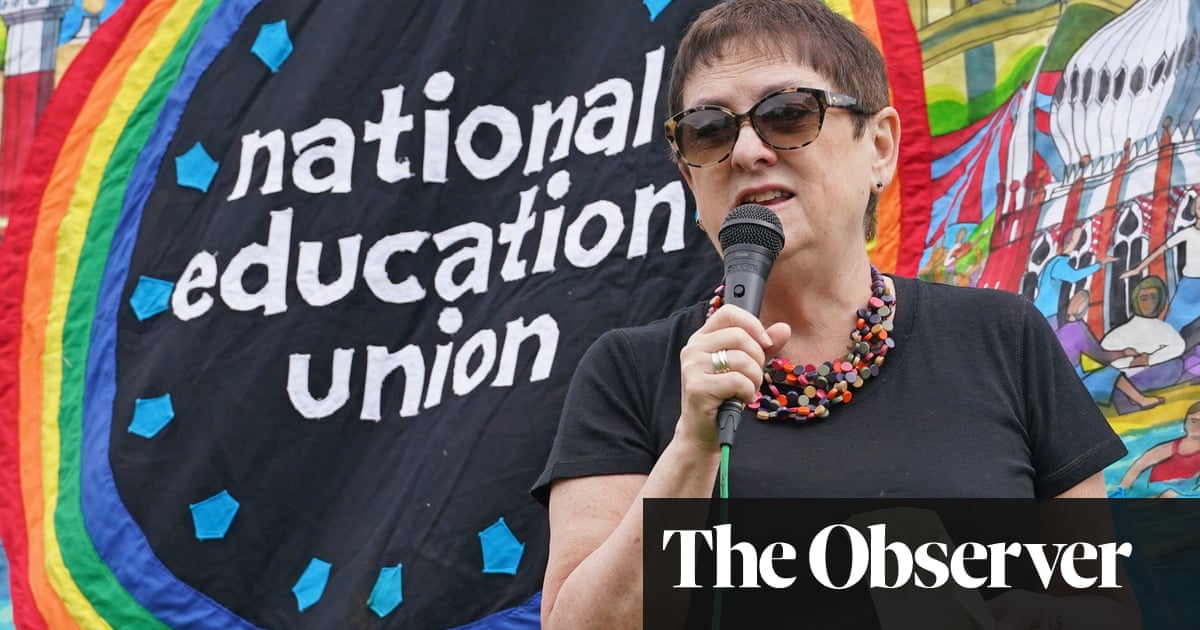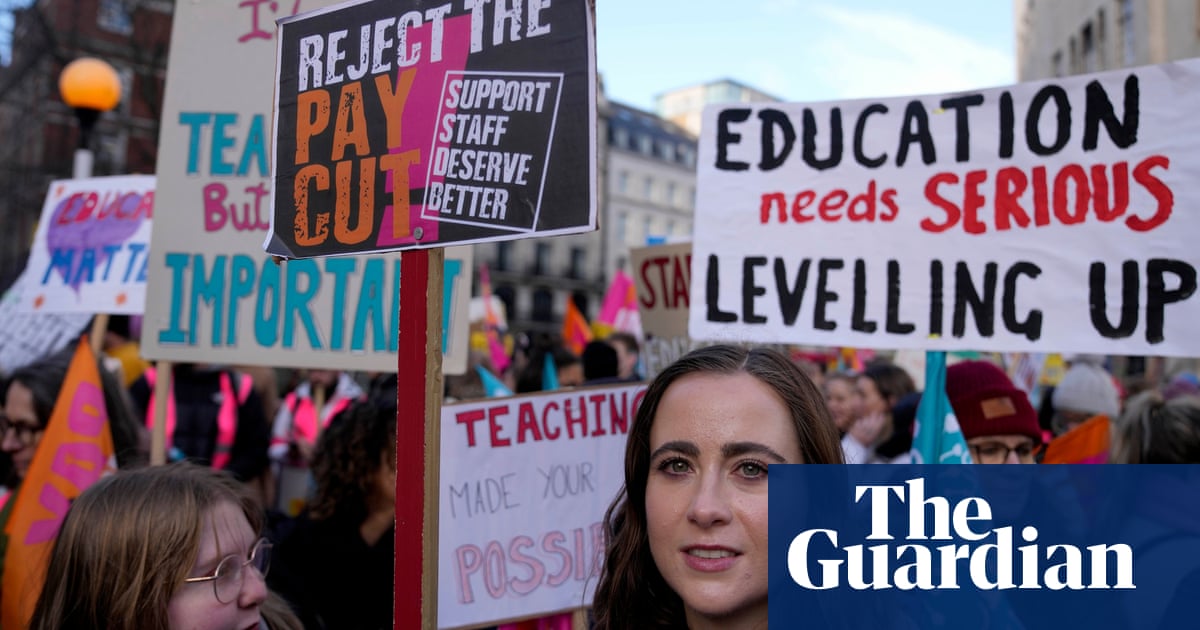
School leaders have called for an end to “irresponsible speculation” over dates for schools in England to reopen, as ministers were forced to reject suggestions that many pupils would be back in classrooms next month.
The Sunday Times claimed that “senior ministers” had backed a plan for schools to partially reopen on three possible dates: immediately after the current lockdown is scheduled to end on 11 May; after the half-term holiday on 1 June; or at the start of the school year in September.
But on Sunday education secretary Gavin Williamson said that he could not give a date for when schools would reopen. “Of course, I want nothing more than to see schools back, get them back to normal, make sure the children are sat around learning, and experiencing the joy of being at school,” he said.
“But I can’t give you a date. Because before we do, we need to meet five tests.”
He also said that there were no plans to open schools over the summer holiday to make up for time lost in lessons during the lockdown.
Paul Whiteman, general secretary of the National Association of Head Teachers, said the use of unattributed comments from the government was spreading fear and confusion among parents, students and staff.
He said: “Private briefings about senior ministers’ responses to coronavirus simply must stop. It is irresponsible and is causing confusion and fear. I am pleased that the secretary of state for education [Williamson] has moved to set the record straight.
“The current frenzy of speculation about schools clearly comes from people outside the education arena demonstrating a profound misunderstanding of schools and the education context. A return to school is not a matter for debate – it is a question for science.
“Schools stepped up immediately alongside other public services in response to this crisis. Not through compulsion but through a determination to play their part. Instructing school leaders and their teams to return without including them in the planning stages or sharing proper safety arrangements would be extremely reckless.”
Williamson and Michael Gove quickly moved to dampen the speculation, saying they would only open schools to all pupils when they had been advised that it was safe.
Gove said on Sunday: “The facts and the advice are clear at the moment, that we should not be thinking of lifting these restrictions yet.”
Kirsty Williams, the education minister for Wales, said: “As I confirmed last week, schools in Wales will not open for statutory provision imminently. Of course we are working on plans for what and how there could be gradual reopenings, and I discussed this with international counterparts on Thursday.
“The government in England has already today corrected the story that was briefed out regarding an early reopening for their schools. We will base our decisions here on evidence, consultation and right timing.”
In Scotland, Nicola Sturgeon tweeted: “Decisions need to be solidly based and not premature. We don’t yet know what will be possible and when.”
The National Education Union’s petition to delay reopening schools until safe to do so has gained more than 160,000 signatures.
Its joint general secretary Kevin Courtney said: “These stories apparently placed by ministers are completely irresponsible.” Courtney accused the government of “talking about different opening dates with no hint that the science will lead the decision”.
Since 23 March only vulnerable children and the children of key workers have been attending school in person, while teachers have remained working on distance learning and support for pupils at home.
Suggestions of an immediate reopening were also contradicted by the Department for Education’s ambitious plan to distribute laptops and broadband routers to disadvantaged year 10 pupils in England who lack the devices.
Williamson said: “By providing young people with these laptops and tablets and enabling schools to access high-quality support, we will enable all children to continue learning now and in the years to come.”
The DfE said schools would be able to request the equipment from next week, although it did not say how many it expected to provide.
About one in eight secondary school pupils are eligible for free school meals, and when combined with those previously in care or with social care orders, about 90,000 children could be eligible.
Some teachers were sceptical about the DfE’s ability to quickly distribute laptops, arguing that its effort to provide £15 food vouchers to pupils on free school meals was still plagued by delays.
Williamson was also asked if staff working in schools needed protective equipment such as masks, and said the government has asked Public Health England to work directly with unions. “Their safety is absolutely paramount as it is for children and we have issued guidance,” Williamson said.












